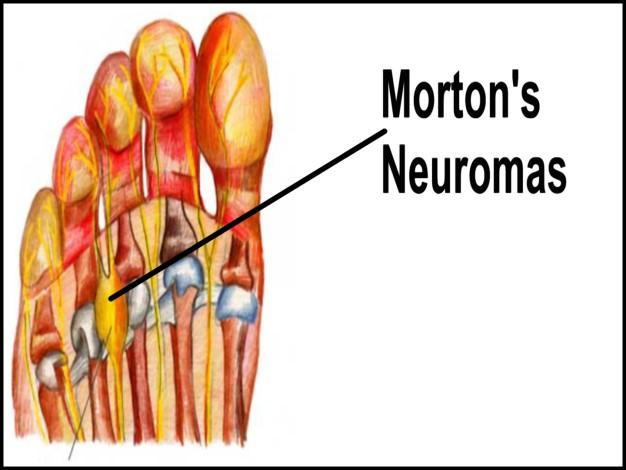 Wearing high-heels don’t make your feet look as good as your fashion statement. In fact, wearing high heels too often can increase your likelihood of developing Morton’s Neuroma, a condition that causes pain and numbness in your feet.
Wearing high-heels don’t make your feet look as good as your fashion statement. In fact, wearing high heels too often can increase your likelihood of developing Morton’s Neuroma, a condition that causes pain and numbness in your feet.
In addition to higher chances of developing Morton’s Neuroma, wearing high heels often can also cause bone deformities, ankle injuries and bunions. Although these popular shoes are fashionable, potential wearers need to know that frequent use can result in these conditions.
If you think you may be suffering from Morton’s Neuroma or other heel-related injuries, don’t be afraid to contact a podiatrist like Dr. Bryant Tarr of Sudbury & Westford Podiatry. Dr. Tarr can help treat your injuries and prevent any permanent damage.
Morton’s Neuroma
Morton's neuroma is a painful foot condition that commonly affects the areas between the third and fourth toe and the ball of the foot, although other areas of the foot are also susceptible to this condition. Morton’s neuroma is caused by an inflamed nerve in the foot that is being squeezed and aggravated by surrounding bones. Women are more likely than men to have an occurrence of this foot condition. When a person has Morton's neuroma, it can feel as if they are walking on stones or marbles.
What Increases the Chances of having Morton’s Neuroma?
-Ill-fitting high heels or shoes that add pressure to the toe or foot area.
-Jogging, running and any sports that involve constant impact to the foot area.
-Flat feet, bunions, and any other foot deformity may put you at a higher risk for developing Morton’s neuroma.
If you suspect that you may have this condition, you should visit your podiatrist. A podiatrist will first conduct a thorough physical examination to check for palpable masses between the bones of the foot. The podiatrist will also apply pressure to the foot or toe area to replicate the pain a person experiences when active. The podiatrist may also prescribe an x-ray to rule out other conditions or problems.
If you have any questions, please feel free to contact one of our offices in Sudbury and Westford, MA. We offer the newest diagnostic and treatment technologies for all your foot care needs.
Read more on Mortons Neuroma.